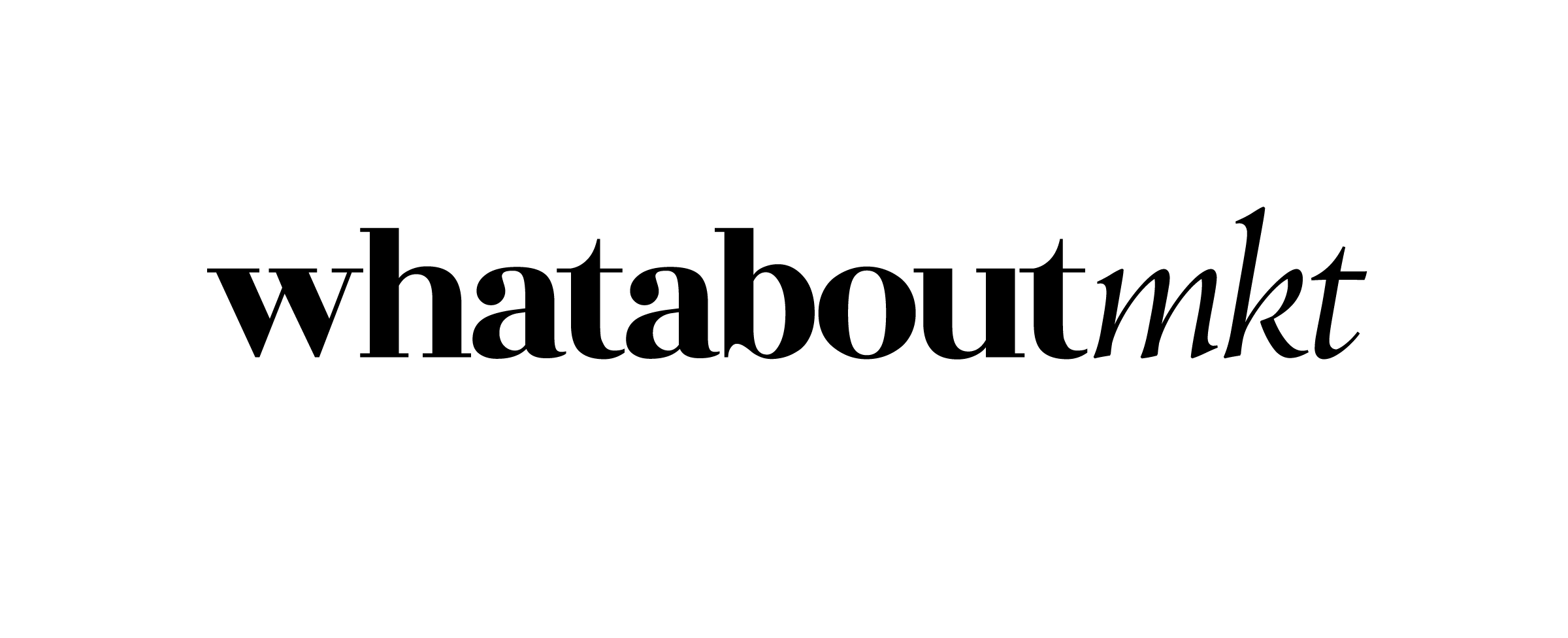The modern consumer, inundated with a seemingly endless stream of digital content and increasingly sophisticated marketing tactics, has begun to exhibit a subtle yet profound weariness. For years, brands engaged in an arms race of creativity, striving to outdo one another with viral stunts and intricate narratives designed to capture fleeting attention. While a select few, like E.L.F. Cosmetics’ Super Bowl triumph with Jennifer Coolidge, managed to cut through the noise, many others left audiences either confused about the product being sold or simply rolling their eyes at another celebrity performing a bizarre act to peddle goods. This pervasive fatigue has paved the way for a refreshing recalibration in marketing strategy.
The Strategic Underpinnings of the Resurgence
This resurgence of old-school celebrity campaigns represents a pivot born from evolving consumer behavior and a saturation of overly complicated advertising. At its core, this trend is a counter-reaction to digital fatigue, offering a refreshing break from the constant influx of hyper-stylized ads and the feeling of being “sold to” in a contrived way. The direct, testimonial approach, therefore, feels less like an aspirational fantasy and more like a relatable, trustworthy recommendation. Authenticity, or at least the perception of it, reigns supreme. In an era of deepfakes and highly curated online personas, a celebrity simply talking about a product, even if it’s an advertisement, can feel more genuine than an elaborate, high-concept production. This is often enhanced by an “iPhone-filmed” aesthetic, which further contributes to this sense of raw honesty.
Furthermore, the selection of “retro stars” is a remarkably astute move, leveraging the powerful tool of nostalgia. Millennials and Gen X, who now hold significant purchasing power, are deeply affected by positive emotions and comfort evoked by familiar faces from their youth, allowing these feelings to transfer directly to the brand. This directness also builds trust; by being upfront about the commercial nature of the content, as Lancôme’s Isabelle Carramaschi noted, “It is an ad. Let’s get [that] out of the way”—brands bypass the skepticism often accompanying overly polished marketing, thereby building a stronger foundation of consumer confidence.
Moreover, while A-list celebrities remain expensive, some retro stars can be a more cost-effective option than the absolute top-tier current icons, and less elaborate productions naturally save on filming costs. Finally, this trend signifies an evolution of influencer marketing, essentially applying its successful principles of direct address and personal recommendation to traditional celebrities, acknowledging that consumers are accustomed to hearing direct reviews and opinions from individuals, whether they are everyday influencers or well-known stars.
The Allure of Authenticity in a Saturated Market
In response to this shifting sentiment, a growing number of brands are opting for a refreshingly direct approach: the old-school celebrity testimonial. This isn’t about creating an aspirational fantasy; it’s about making the product the undeniable star of the spot. Consider Lancôme’s recent success with Ed Westwick, whose straightforward ad became the brand’s most-engaged video of all time. This transparency, far from being a weakness, can paradoxically build a stronger foundation of trust with consumers who appreciate honesty in an often-opaque marketing world. When a celebrity speaks directly to the camera, perhaps even in a seemingly unpolished, “iPhone-shot” style, it fosters a perception of authenticity that elaborate productions often struggle to achieve.
Nostalgia as a Potent Marketing Potion
Beyond mere directness, a significant facet of this trend lies in the strategic deployment of “retro stars.” The choice of celebrities from the late 1990s and early 2000s is a brilliant maneuver, tapping into the deep well of nostalgia held by Gen X and Millennial consumers, who now command substantial purchasing power. Seeing familiar faces like Lindsay Lohan for Old Navy or Nicole Richie for Fashionphile evokes a powerful sense of comfort and familiarity, transporting consumers back to simpler times. This emotional connection can be incredibly effective, allowing positive feelings associated with a beloved celebrity to transfer directly to the brand. Likewise, these established stars can sometimes offer a more cost-effective alternative to the current crop of A-list icons, making this strategy financially appealing for brands seeking maximum impact.
From Influencer Reviews to Celebrity Confessions
The resurgence of the celebrity testimonial is deeply informed by the evolution of influencer marketing. For years, consumers have grown accustomed to direct, product-focused content from online personalities, whether through unboxing videos, tutorials, or styling guides. This ingrained habit has made the transition to celebrities adopting a similar, testimonial-style approach feel natural and, crucially, believable. The key, as George Raptis, co-founder and CEO of agency marketplace Breef, emphasizes, is ensuring the customer genuinely “buys it.” The success of Beyoncé’s partnership with Levi’s, which blossomed after her organic mention of the brand on her “Cowboy Carter” album, exemplifies this principle. In a post-TikTok world, where self-awareness and direct-to-camera communication are prevalent, a celebrity’s candid endorsement resonates more profoundly than ever before.
Key Segments Poised for Maximum Impact
This trend can be particularly impactful across various market segments where trust, nostalgia, and a direct, relatable connection are highly valued. In Beauty and Personal Care, for instance, the segment thrives on testimonials and product efficacy. Witnessing a well-known celebrity, especially one who aligns with the brand’s target demographic, genuinely discussing a product’s benefits, such as the “Juicy Tubes” example, is incredibly powerful, as consumers want to believe the product truly works for the endorser. This resonates strongly with Millennials and Gen Z, who seek effective products and a nostalgic connection.
Similarly, in the Fashion and Apparel Industry, particularly for accessible or mass-market brands like Old Navy and Gap, seeing a relatable celebrity comfortably wearing and enjoying the clothing helps consumers visualize themselves in the brand, appealing to broad demographics who value practical style and an established brand identity. Food and Beverage brands also benefit significantly, as consumption in this sector is often linked to comfort and familiarity; a celebrity endorsing a classic snack or drink in an enjoyable, straightforward manner can instantly evoke positive feelings and trust, appealing especially to families and those seeking comfort foods.
For Home Goods and Lifestyle Products, where the focus is on enhancing daily life, a celebrity demonstrating the ease of use or positive impact of a product in a relaxed setting can be highly persuasive, targeting homeowners and busy professionals seeking convenience. Even in Technology, particularly for simpler, consumer-facing devices like smart home gadgets or headphones, a celebrity showcasing everyday utility and ease of use can demystify the tech and make it more accessible to a general audience.
Lastly, the Entertainment and Media segment, encompassing movies, streaming services, and music, is a natural fit, with celebrities promoting their work or platforms through direct testimonials and candid recommendations that feel authentic and spark immediate interest among their fan base and broader audiences.









